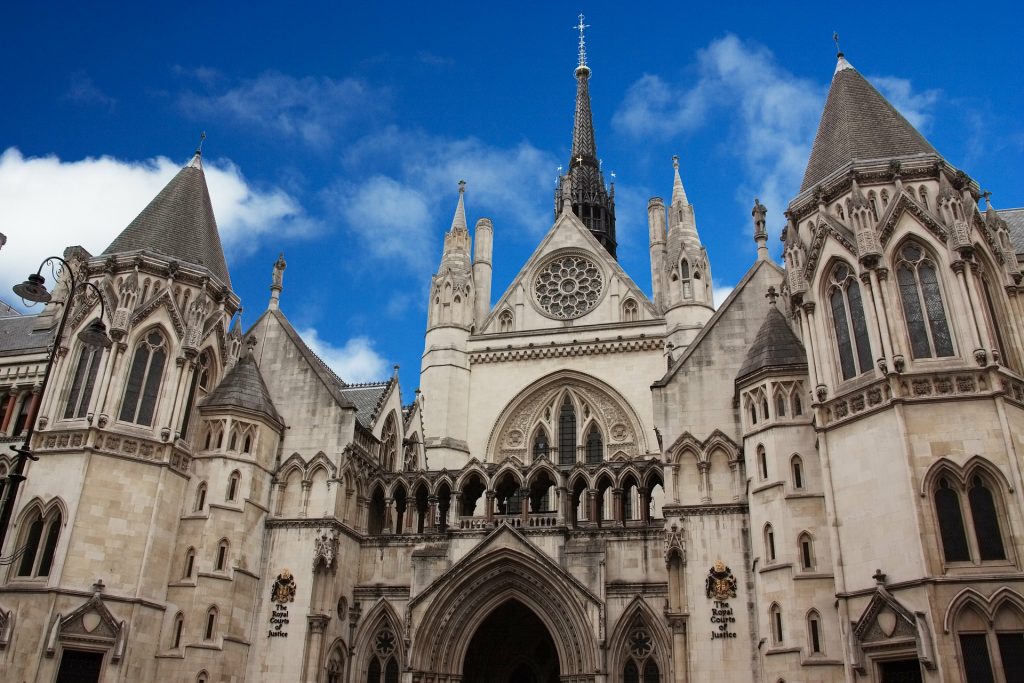The DPP has just produced the 8th edition of the Code for Crown Prosecutors in England and Wales. The first edition was published in 1986 following the establishment of the Crown Prosecution Service. It sets out the general principles that Crown prosecutors should follow in the discharge of their functions. So, for example, in deciding whether or not to prosecute (or continue the prosecution of) a person for a criminal offence, the prosecutor must normally apply a two-stage test: 1. Is there a realistic prospect of securing a conviction against the suspect for the offence in question? 2. Is it in the public interest to charge the person? There is also provision for a ‘Threshold Test’ which envisages the possibility of charges being preferred against a suspect even before the requirements of the two-stage test are fully satisfied. This applies where the suspect is considered to present a substantial bail risk (such as a serious risk of harm to the public) and it is expected that further evidence satisfying the two-stage test will be produced shortly by the police while the suspect is remanded in custody. The Code sets out considerable detail on the factors that a prosecutor should take onto account in the application of these tests. It also sets out principles on a range of other matters under the headings of: the selection of charges; out of court disposals; choice of court venue; accepting guilty pleas; and reconsidering a prosecution decision. The key changes included in the 8th edition concern: disclosure of evidence favourable to the defence; the requirements of the Threshold Test; and recovering the proceeds of crime.
The inclusion of express reference to prosecutors’ disclosure obligations can be seen as a response to the recent collapse of some rape prosecutions due to the failure of the prosecution to disclose to the defence evidence which undermined the prosecution case. So, for example, additions to the Code emphasise the obligation on prosecutors to be even-handed in every case. This includes protecting the rights of suspects and defendants, as well as providing the best possible service to victims. More particularly, when preferring charges, the revised Code expressly requires the prosecutor to consider whether there may be material in the possession of the police or elsewhere (in addition to that already supplied by the police) which may affect the evidential test for the charges. Equally, the Code now requires prosecutors to advise the police on appropriate disclosure management in a criminal investigation and prosecution. This aspect is becoming increasingly complex and important given the explosion in the availability and use of digital evidence, such as mobile phone records and internet trails. Surprisingly, perhaps, the Code still does not include an express obligation to disclose relevant evidence to the defence where that evidence may be helpful to the defence or undermine the prosecution case.
The changes to the threshold test may reflect a perception that it is being used too loosely by the prosecution to the prejudice of due process and respect for the right to liberty. The overall thrust of the changes is to require prosecutors to be more objective and questioning of the need to resort to the lower threshold test in individual cases, rather than accepting the police case at face value. In particular, they must conduct a “rigorous” examination of the prescribed conditions for resorting to the lower threshold standard to ensure that it is only applied when necessary and not prematurely. This must include consideration of evidence that points away from guilt as well as towards guilt. Emphasis is placed on the importance of an objective consideration of the need for immediate charging and for objecting to bail. Prosecutors are also obliged to keep those decisions under review and to be proactive in securing the necessary evidence for them from the police.
Targeting the proceeds of crime through the criminal (and civil) process is now an established method for tackling crime, especially organised crime. This is now reflected in specific provisions in the Crown Prosecutors Code. When deciding whether the public interest test for a prosecution is satisfied, the prosecutor must consider, among other things, the extent to which the suspect has benefited from the criminal conduct. Similarly, when taking certain other key decisions (such as the selection of charges, the trial venue and accepting guilty pleas), the prosecutor must be careful to avoid prejudicing the possibility of the court making a confiscation order in an appropriate case. The combined effect of these provisions may well be to establish the confiscation of criminal assets as a core or focal point of prosecutions in certain types of crime.
Download the November 2018 edition of Criminal Justice Notes

